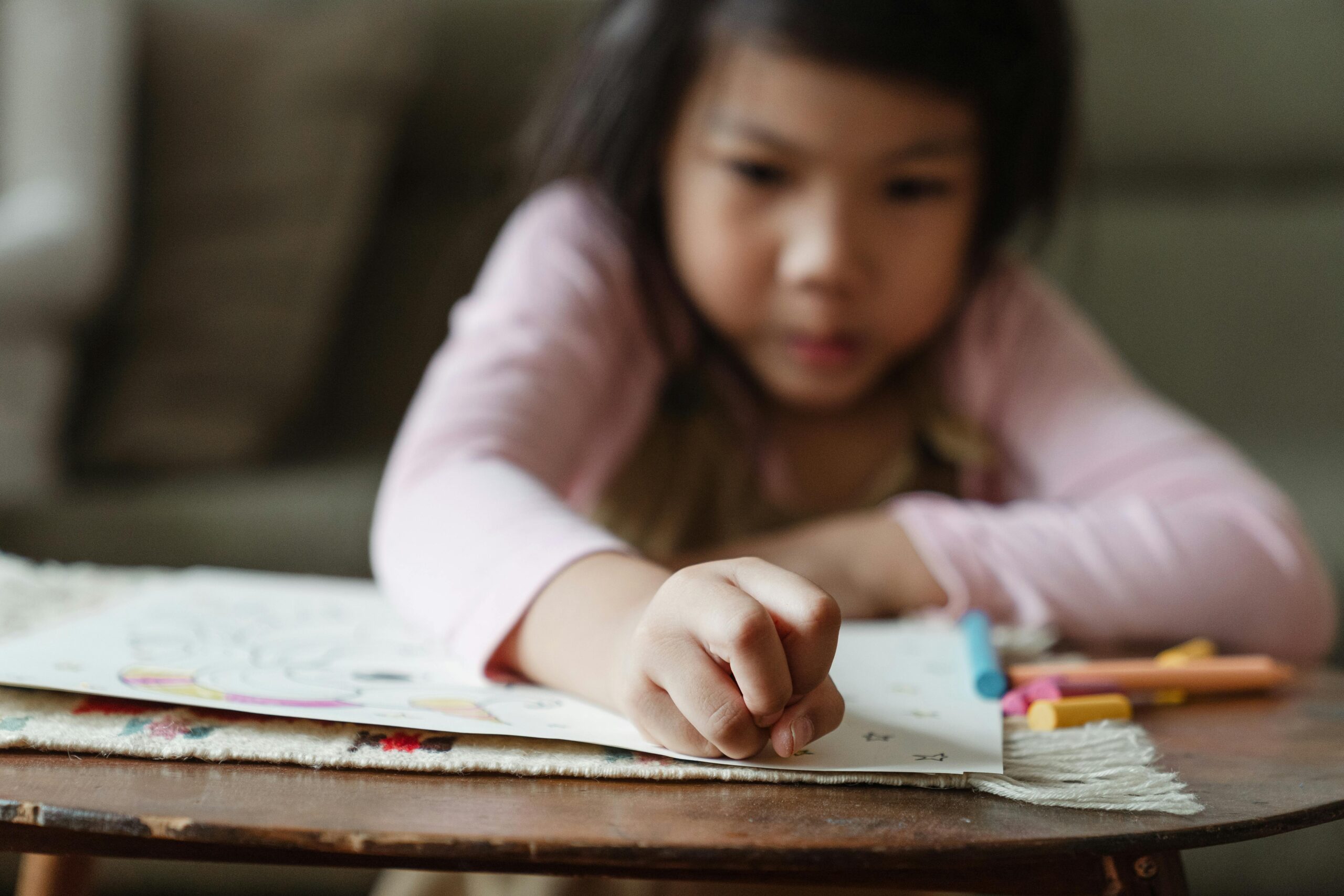As we observe World Suicide Prevention Week, Pinoy Therapy would like to share a mother’s personal experience in facing the challenges of her young daughter’s suicidal thoughts. The names of the individuals in this article have been changed to protect their identities.
A Mother’s Love: The Early Years with Autism
Every mother’s dream is to give the best life she can possibly give to her children. More often than not, a parent wants to provide their children with a life they never had as a child. This was my goal in life: to give my daughter all the love in the world, not material things.
My daughter, Ana, was surrounded by love and care. Sometimes, I got too excited and showered her with toys as well. Ana was an extraordinary child, unlike any other. She was diagnosed with Autism Spectrum Disorder at the age of 3. I was completely devastated when I learned this. I can vividly recall sitting in the doctor’s office as they explained her diagnosis and gave me a two-page leaflet on Autism. From that moment on, I had to find my own way through it all. Ana had faced many developmental challenges before, but this was on a different level. With her ASD diagnosis came new struggles at school, particularly in her social interactions and how she stood out from the other kids. Children can be mean, and they quickly notice when someone is different.

Facing Bullying: The Dark Reality of School Life
Ana, despite her Einstein-level intelligence, is a sweet and gentle child. She has a pure heart, but struggles to understand social norms and non-verbal cues. Ana is full of love and longs for friendship, but doesn’t know how to form connections. She has her quirks, like fidgeting and a monotone voice, which set her apart from her peers. Unfortunately, this made her a target for bullying at school. Ana was just 8 years old when she first shared her dark thoughts.
The Pain of Hearing Suicidal Thoughts from My Child
One night, while we were getting ready for bed, she said, “Mommy, I don’t want to be here anymore.” My heart shattered. There are no words to describe the pain of hearing your own child express a desire to end their life. That was the moment I discovered she had been bullied at school. How could a bright, beautiful, and loving girl, surrounded by all the care we could give, say something so heartbreaking? Where did I go wrong? These questions overwhelmed my thoughts in an instant. I felt that I had failed as a parent.
I had no one to confide in, not even my family. Ever since I told them about my daughter’s ASD diagnosis, they hadn’t said a word — almost as if mentioning ‘Autism’ was contagious. I knew that if I opened up about her suicidal thoughts, they would instantly blame me, just as they had always done whenever things went wrong. I couldn’t turn to my friends either. They were preoccupied with their own lives, and conversations often revolved around the latest Apple gadgets or must-have designer bags. I felt alone once more.
Steps Taken: Creating a Safe Space for My Child
I took all the steps any concerned parent would. I reached out to my daughter’s school and explored every option to create the best learning environment for her, including transferring schools, arranging counselling sessions, and enrolling in a parenting course. Despite these efforts, the bullying persisted, and as a result, her suicidal thoughts and self-harming continued for years.
It’s been nearly ten years since this began, and things have calmed down for the moment. It feels like the quiet after a storm. While another challenge may arise, I’m now better prepared to handle her thoughts and create a supportive environment for her.
Understanding Suicidal Thoughts in Children: What Parents Need to Know
One key lesson I learned from the numerous seminars and workshops I attended was how to respond when a child shares their dark thoughts. It’s important to ask questions like, ‘What do you mean when you say you don’t want to be here anymore?’ or ‘What do you think will happen if you do that?’ Often, their response reflects a belief that all their problems will disappear. Expressions of suicidal thoughts are often a cry for help. They seek to be heard and have their feelings validated. Reassure them of your love, your willingness to support them no matter what, and your unconditional acceptance of who they are. Ultimately, the best we can do as parents is to be fully emotionally available to them.
If you’re a parent and have observed changes in your child’s behaviour, it’s important to seek professional help. Our previous article on World Suicide Prevention Day provides insights on recognising the signs and how to provide support. You don’t have to face mental health challenges alone. We understand how isolating this experience can be, and we’re here to support you and your family.
Your Journey to Mental Strength Starts Here. Let Pinoy Therapy Guide You.









